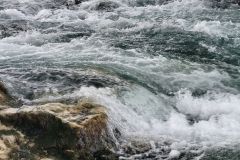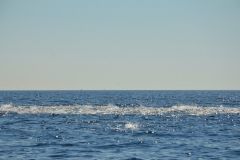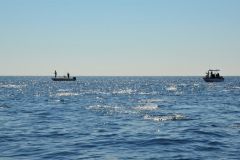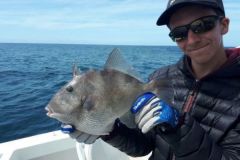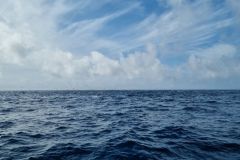Marine ecosystem monitoring and analysis
AI is used to analyze satellite images and data collected by drones to monitor changes in marine ecosystems. These technologies can detect variations in water temperature, pollution levels, and the movements of marine species.
AI models can predict the impacts of climate change, pollution and overfishing on marine ecosystems. These predictions help scientists and decision-makers to develop more effective conservation strategies.
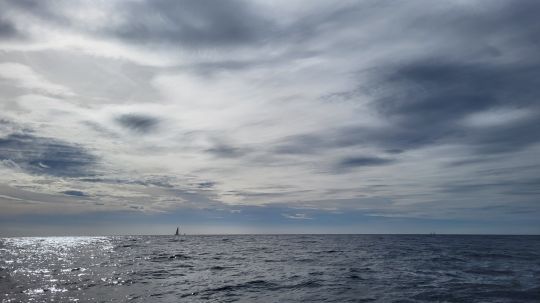
Protecting marine species
AI makes it possible to monitor populations of fish and other marine species by analyzing catch data and visual observations. This helps identify demographic trends and detect early population declines.
AI algorithms can identify invasive species by analyzing genetic data and morphological characteristics. Early detection enables measures to be taken to limit their spread. The Université Côte d'Azur's initiative to develop an artificial intelligence algorithm to predict the arrival of non-native species represents a significant step forward in the management and protection of biodiversity. This innovative tool uses advanced techniques to analyze various environmental parameters, enabling the identification of areas most vulnerable to biological invasions.
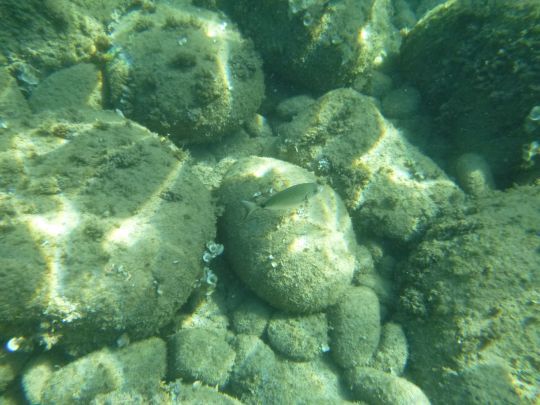
Sustainable management of marine resources
AI helps optimize fishing practices by analyzing data on fish populations and recommending sustainable fishing quotas. This helps maintain fish stocks at sustainable levels. What's more, AI technologies can be used to design more selective fishing gear, thereby reducing the accidental capture of non-target species.
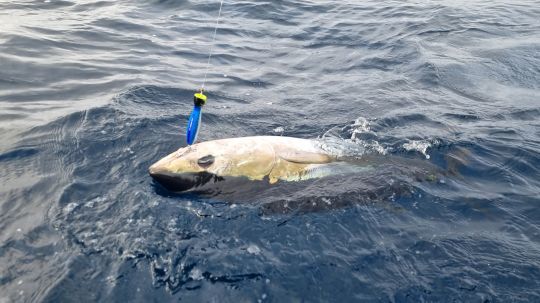
Artificial intelligence offers innovative solutions for the protection and management of marine biodiversity. By integrating AI into conservation strategies, we can better understand and protect marine ecosystems, ensuring their sustainability for future generations.

 /
/ 

